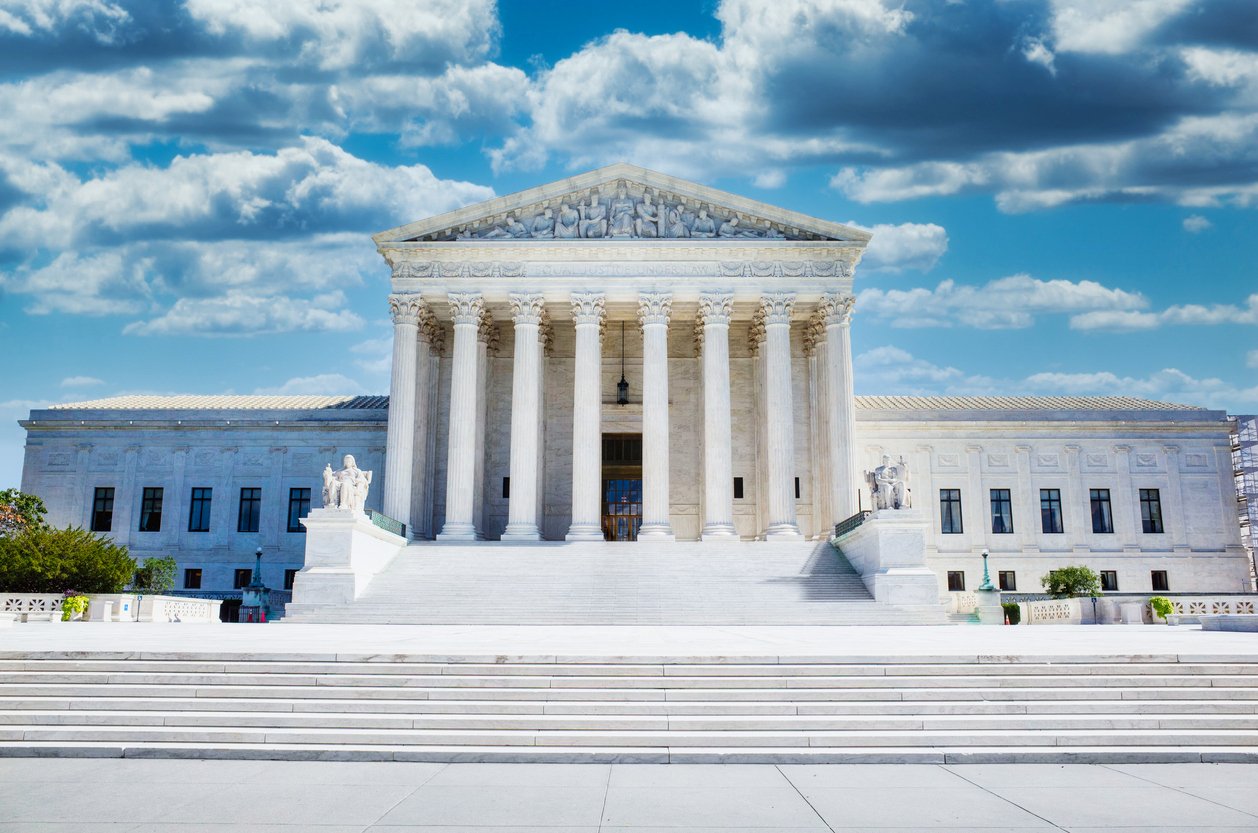3 min read
US Supreme Court limits environmental reviews in Utah railway ruling
 Merit Street Media
|
May 30, 2025
Merit Street Media
|
May 30, 2025

The U.S. Supreme Court dealt a setback to environmentalists on Thursday by allowing federal agencies to limit the scope of their reviews of the environmental impact of projects they regulate, as the justices bolstered a Utah railway project intended to transport crude oil.
The 8-0 ruling overturned a lower court's decision that had halted the project and had faulted an environmental impact statement issued by a federal agency called the Surface Transportation Board in approving the railway as too limited in scope. The project was challenged by environmentalists and a Colorado county.
A coalition of seven Utah counties and an infrastructure investment group are seeking to construct an 88-mile (142-km) railway line in northeastern Utah to connect the sparsely populated Uinta Basin region to an existing freight rail network that would be used primarily to transport waxy crude oil.
The case tested the scope of environmental impact studies that federal agencies must conduct under a U.S. law called the National Environmental Policy Act (NEPA), enacted in 1970 to prevent environmental harms that might result from major projects. The law mandates that agencies examine the "reasonably foreseeable" effects of a project.
The ruling, authored by conservative Justice Brett Kavanaugh, was joined by four other conservative justices. The court's three liberal justices filed a separate opinion concurring in the outcome.
Kavanaugh wrote that agencies need only consider environmental effects of a project at hand and not the "effects from potential future projects or from geographically separate projects," and that courts must offer agencies "substantial deference" regarding the scope of these assessments.
"NEPA is a procedural cross-check, not a substantive roadblock. The goal of the law is to inform agency decision-making, not to paralyze it," Kavanaugh wrote.
The Supreme Court heard arguments on Dec. 10 in the case, which has been closely watched by companies and environmental groups for how the ruling might affect a wider range of infrastructure and energy projects.
"This disastrous decision to undermine our nation's bedrock environmental law means our air and water will be more polluted, the climate and extinction crises will intensify and people will be less healthy," said Wendy Park, an attorney at the Center for Biological Diversity, one of the groups that challenged the railway.
"It guarantees that bureaucrats can put their heads in the sand and ignore the harm federal projects will cause to ecosystems, wildlife and the climate," Park said.
Sambhav Sankar, senior vice president of programs at environmental law group Earthjustice, predicted that President Donald Trump's administration "will treat this decision as an invitation to ignore environmental concerns as it tries to promote fossil fuels, kill off renewable energy and destroy sensible pollution regulations."
'A TURNING POINT'
Keith Heaton, director of the Seven County Infrastructure Coalition, welcomed the decision, saying that it "represents a turning point for rural Utah - bringing safer, sustainable, more efficient transportation options, and opening new doors for investment and economic stability."
Environmental reviews that are too broad in scope can add years to the regulatory timeline, risking a project's viability and future infrastructure development, according to companies and business trade groups.
The Surface Transportation Board, which has regulatory authority over new railroad lines, issued an environmental impact statement and approved the railway proposal in 2021.
The Center for Biological Diversity and other environmental groups sued over approval, as did Colorado's Eagle County, which noted that the project would increase train traffic in its region and double traffic on an existing rail line along the Colorado River.
The U.S. Court of Appeals for the District of Columbia Circuit ruled in favor of the challengers in 2023, concluding that the environmental review inadequately analyzed the effects of increased oil production in the basin as well as downstream, where the oil would be refined.
Democratic former President Joe Biden's administration had backed the railway coalition in the case, as did the state of Utah.
Fifteen other states supported the challengers. Colorado said its economy relies on outdoor recreation, and that the project raises the risk of leaks, spills or rail car accidents near the Colorado River's headwaters.
Conservative Justice Neil Gorsuch recused himself from the case. Some Democratic lawmakers had urged his withdrawal because businessman Philip Anschutz, his former legal client, has a financial interest in its outcome.
The case will return to the D.C. Circuit. Park said that the Supreme Court's decision does not guarantee the railway's construction.
"The last thing we need is another climate bomb on wheels that the communities along its proposed route say they don't want," Park said. "We've been fighting this project for years, and we'll keep fighting to make sure this railway is never built."
Copyright Reuters

